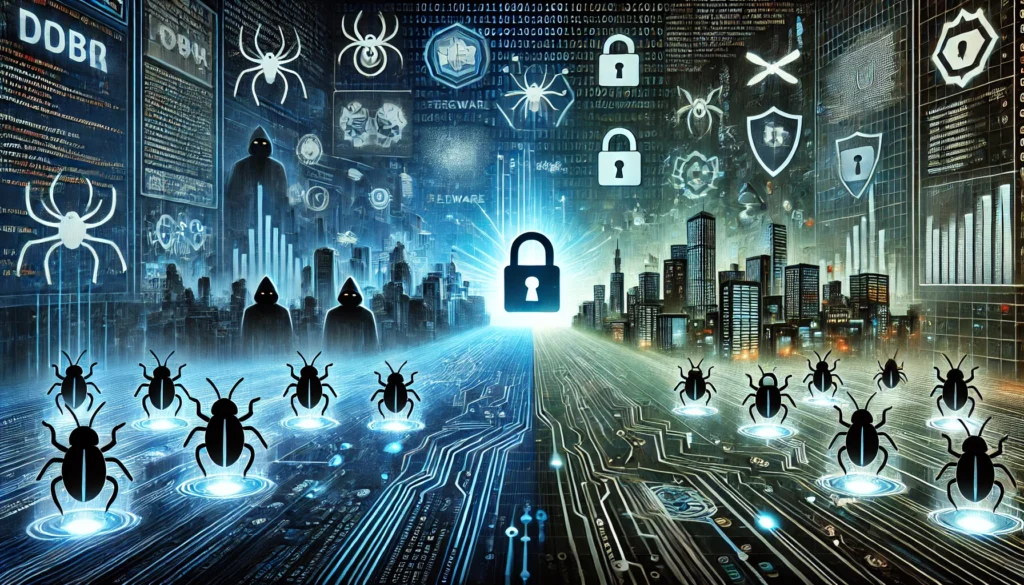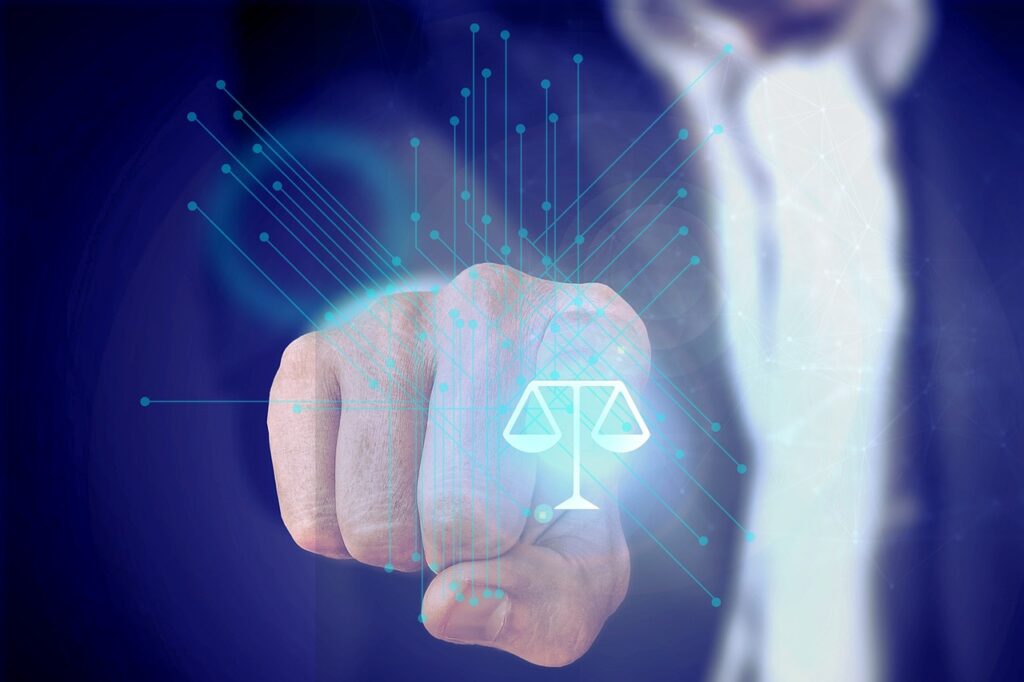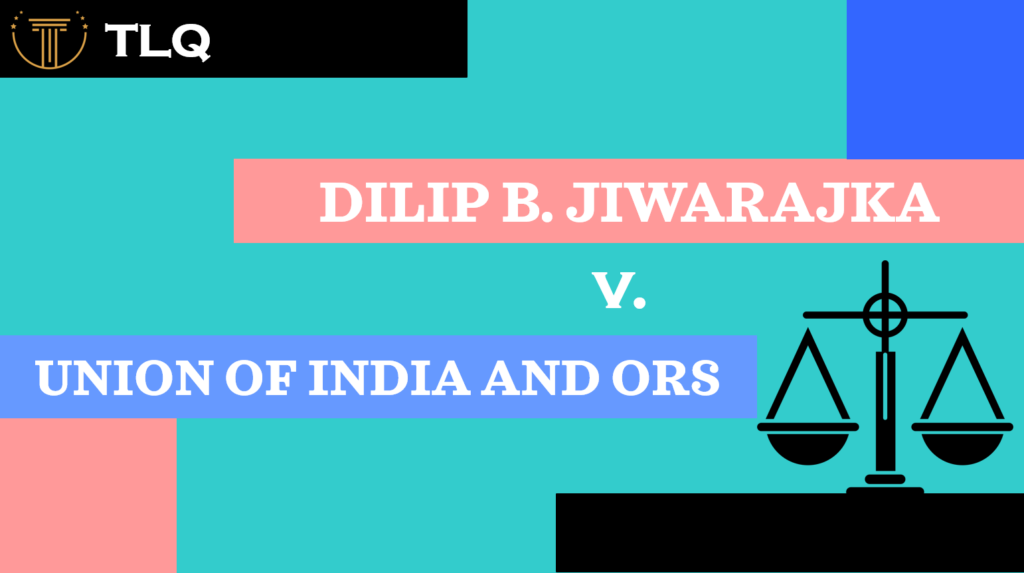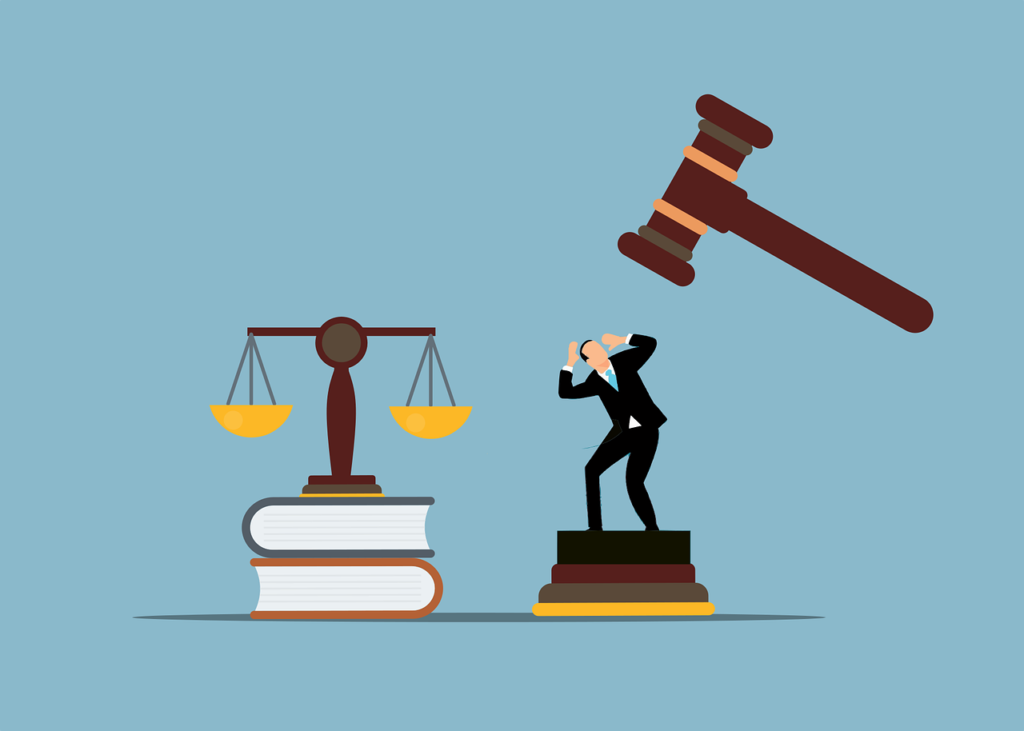Published On: October 27th 2025
Authored By: Harikrishnan MS
PES UNIVERSITY
Abstract
One of the roles that the International Criminal Court (ICC) plays in protecting human rights in the context of armed conflicts is prosecuting individuals of such crimes as genocide, crimes against humanity, war crimes, and the crime of aggression. Its chief objective is to prevent the culture of impunity that often succeeds conflicts by prosecuting the culpable parties- including senior political and military officials- thereby highlighting the fact that no one is above the international law. The ICC promotes justice not only by explaining the notion of individual responsibility but also performs a deterrent role as it makes the act of committing atrocities more expensive. The Court works on the principle of complementarity whereby States fail or refuse to prosecute crimes, the Court intervenes by encouraging states to fulfill their duties or as a back up in cases where the domestic mechanisms fail.
The ICC is also victim friendly and it grants victims a right to take part in the proceedings, declare their issues, and obtain restitution, compensation, and rehabilitation either personally or through Trust Fund of Victims. In this way, the Court assists in contributing to the restorative justice and reconciliation after the war. Still, the ICC faces enormous obstacles: it lacks its own means of enforcement and must depend on cooperation of states in enforcement of arrest warrants, and the fact that the United States, Russia and China are not members of the Rome Statute conflicts with its universality. Its legitimacy has also been challenged by allegations of regional bias, i.e. preoccupation with African conflicts. These issues underscore the politicized aspect of the international justice and the international assistance to weak courts to enhance the influence of the Court even more.
Introduction
Violent violations of human rights and humanitarian law, the assault on civilians in the form of killings, forced expulsions, sexual assaults, and torture have long been a precursor to war. Despite the safeguards provided by the Geneva Conventions and by customary international law, such accountability has long remained elustrious. Accountability was first introduced by the formation of international tribunals following the Second World War, the Nuremberg and Tokyo Tribunals, and then ad hoc tribunals in Rwanda and the former Yugoslavia.
The establishment of the ICC in 2002 under the Rome Statute became the first milestone in history: it was the first time when a permanent internationally criminal court, based on a treaty, was permitted to prosecute individuals of atrocity crimes. Unlike its predecessors that were short-lived and localized, the ICC is an institution that should be entrenched and charged with the responsibility of ensuring that impunity of such crimes shall not be desirable.
This essay discusses the role played by ICC which enhances human rights in the times of conflict. It covers its jurisdiction, the principle of complementary, individual responsibility, deterring, the involvement of the victims, the contribution to the development of international law norms, and the most significant challenges and criticisms of it.
Jurisdiction and the Complementarity Principle
Jurisdiction
Under the Rome Statute, the ICC has the jurisdiction to:
Genocide- acts that are calculated to result in the annihilation, in entirety or partly, of a national, ethnic, racial, or religious group.
Crimes Against Humanity- systematic or mass attacks on non-combatants, such as murder, enslavement, deportation, torture, rape and enforced disappearance.
War Crimes – serious violations of the war laws and war customs such as the intentional killing, assaults on the civilian people and the use of arms that the international law has outlawed.
Crime of Aggression: It is criminal use of force by one state against another that is planned or executed.
ICC may exercise jurisdiction in case of crimes committed on the soil of a state party, or committed by nationals of a state party or by request of the UN Security Council. This model supports accountability and is used to underline the limitation of the Court in case states have not signed the Rome Statute.
Complementarity
The Court is based on the principle of complementary which does not deny the sovereignty of the state and also does not allow the avoidance of justice. The first role of states is to investigate and prosecute grave crimes and the role of the ICC is to do this when states are unable or unwilling. The principle also encourages the states to enhance their internal judicial systems.
The Prosecutor v. As shown in Thomas Lubanga Dyilo (2012) case, where the warlord in Congo was convicted by the ICC due to the use of child soldiers, the Court is a backup when national institutions cannot work.
Individual Responsibility and Prevention
One of the most distinguishing features of the ICC is that it does not focus on state responsibility but on the individual criminal liability. Such a change in international law ensures that political leaders, military leaders and those who commit mass violence are unable to evade responsibility in the name of sovereignty.
The arrested leaders of the high profile, such as the former president of Sudan, Omar al-Bashir, in relation to Darfur crimes, demonstrate how the Court has been determined to take leaders to justice. Al-Bashir was able to remain on the run and survive many years but the warrants restricted his international journeys and destabilized his legitimacy.
Deterrence is another reason why the ICC should exist. Even though its inhibitory effect is disputable, the existence of a standing international court increases the political and personal expense of atrocity offenses, which may inhibit decision-makers in conflicts.
Victim participation and Reparations
It is the presence of the victim focus which is strong in the ICC compared to the prior tribunals. The victims are provided with an opportunity to present opinions, request protective actions, and get reparations.
In Prosecutor v. The Court ordered reparation in the first time ever, which consisted of compensation and assistance programs (Germain Katanga, 2014). The Trust Fund for Victims also enables the ICC to provide collective compensation, i.e. rehabilitation programs, where the convicted person is not able to do so himself or herself.
By boosting the legitimacy of the Court, this development also contributes to achieving reconciliation and restorative justice in the society following conflict.
The ICC and the Creation of the International Legal Norms
Through its jurisprudence, the ICC has created and adapted the international criminal law by defining what crimes are, who is liable and the standard procedures.
As a precedent, the Lubanga case set a precedent regarding recruitment of child soldiers and the Prosecutor v. The ruling by Bosco Ntaganda (2019) extended sexual slavery and gender-based war crimes. These judgments reaffirm the fact that human rights are supposed to be upheld even during a war.
Challenges and Criticisms
Despite its achievements, the ICC faces formidable challenges that constrain its effectiveness:
- Dependence on State Cooperation
The Court lacks an enforcement arm and relies on states to execute arrest warrants and surrender suspects. This dependence often undermines its work. For instance, Omar al-Bashir traveled freely to several countries despite outstanding ICC warrants, reflecting the Court’s inability to compel compliance.
- Limited Membership
Major powers such as the United States, Russia, China, and India are not parties to the Rome Statute. Their absence diminishes the universality of the Court’s reach and undermines perceptions of legitimacy, particularly when these powers are involved in conflicts with alleged human rights violations.
- Perceived Regional Bias
The ICC has faced accusations of disproportionately targeting African states. While many African cases were referred voluntarily by the states themselves, the perception of bias has sparked criticism from the African Union and fueled skepticism about the Court’s impartiality.
- Resource Constraints
The ICC operates with limited financial and human resources compared to the scale of global atrocities. Investigations are complex, spanning multiple jurisdictions and requiring extensive witness protection, forensic analysis, and logistical coordination. This resource gap limits the Court’s ability to respond to all crises effectively.
- Political Pressures
The ICC exists within a highly politicized international environment. Decisions by the UN Security Council, state withdrawals from the Rome Statute, and political backlash to indictments all demonstrate how international politics can hinder the pursuit of justice.
Conclusion
The International Criminal Court represents a landmark achievement in the evolution of international justice. By focusing on individual accountability, embracing victim participation, and reinforcing international legal norms, the ICC plays a vital role in protecting human rights during armed conflicts. It challenges the culture of impunity and signals that even the most powerful individuals may be called to account for atrocities.
However, the Court’s effectiveness is limited by its reliance on state cooperation, restricted jurisdiction, resource shortages, and political pressures. These challenges underscore the need for stronger international commitment to the Rome Statute system and broader support for enforcement mechanisms.
Despite its shortcomings, the ICC remains an indispensable pillar of the international legal order. Its very existence embodies the principle that grave crimes will not go unpunished and that justice is a universal value transcending borders and power politics. For victims of atrocities, the ICC offers recognition and a pathway toward redress. For humanity as a whole, it affirms the hope that even in the midst of armed conflict, there is accountability, and there are rules that must be respected.
References
- The Prosecutor v Thomas Lubanga Dyilo, Judgment, ICC-01/04-01/06 (Trial Chamber I, 14 March 2012) https://www.icc-cpi.int/news/icc-first-verdict-thomas-lubanga-guilty-conscripting-and-enlisting-children-under-age-15-and accessed [today’s date]. (International Criminal Court)
- The Prosecutor v Thomas Lubanga Dyilo, Sentencing Judgment, ICC-01/04-01/06 (Trial Chamber I, 10 July 2012) https://www.icc-cpi.int/news/international-criminal-court-sentences-former-congolese-warlord-to-14-years-for-recruiting-child-soldiers-10-july-2012 accessed [today’s date]. (UN News)
- The Prosecutor v Thomas Lubanga Dyilo, Appeals Chamber Judgment on Appeal of Conviction and Sentence, ICC-01/04-01/06 (Appeals Chamber, 1 December 2014) https://www.icc-cpi.int/news/icc-appeals-chamber-confirms-verdict-and-sentence-against-thomas-lubanga-dyilo accessed [today’s date]. (International Criminal Court)
- The Prosecutor v Bosco Ntaganda, Judgment, ICC-01/04-02/06 (Trial Chamber VI, 8 July 2019) https://www.icc-cpi.int/victims/ntaganda-case accessed [today’s date]. (International Criminal Court)
- The Prosecutor v Bosco Ntaganda, Order on Reparations, ICC-01/04-02/06 (Trial Chamber VI, 8 March 2021) https://www.icc-cpi.int/victims/ntaganda-case accessed [today’s date]. (International Criminal Court)
- “Ntaganda case: ICC Trial Chamber VI declares Bosco Ntaganda guilty of war crimes and crimes against humanity” (ICC press release, 8 July 2019) https://www.icc-cpi.int/news/icc-trial-chamber-vi-declares-bosco-ntaganda-guilty-war-crimes-and-crimes-against-humanity accessed [today’s date]. (International Criminal Court)
- “Lubanga case: First verdict — Thomas Lubanga guilty of conscripting and enlisting children under the age of 15 and using them to participate in hostilities” (ICC press release, 14 March 2012) https://www.icc-cpi.int/news/icc-first-verdict-thomas-lubanga-guilty-conscripting-and-enlisting-children-under-age-15-and accessed [today’s date]. (International Criminal Court).




